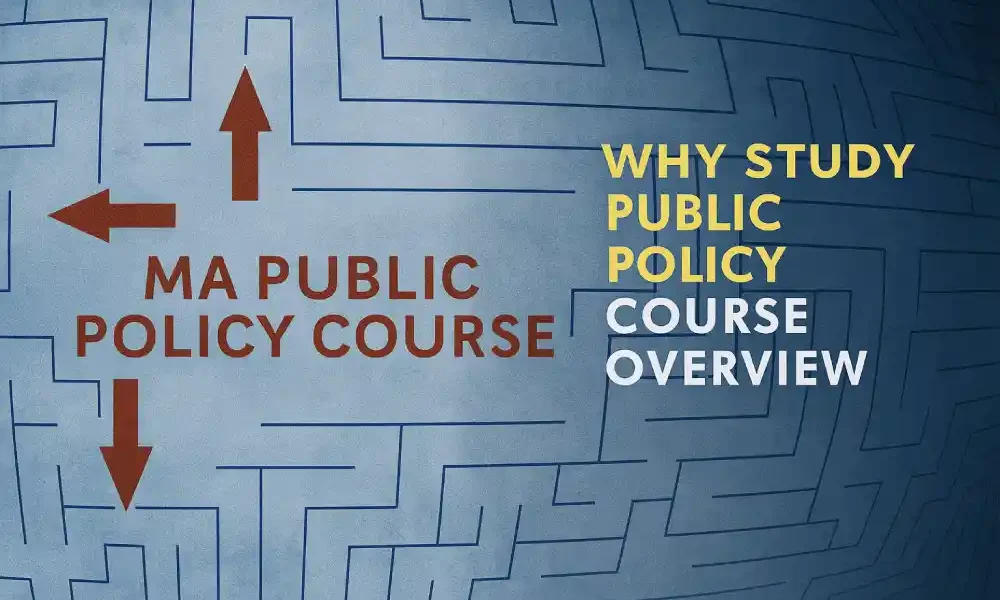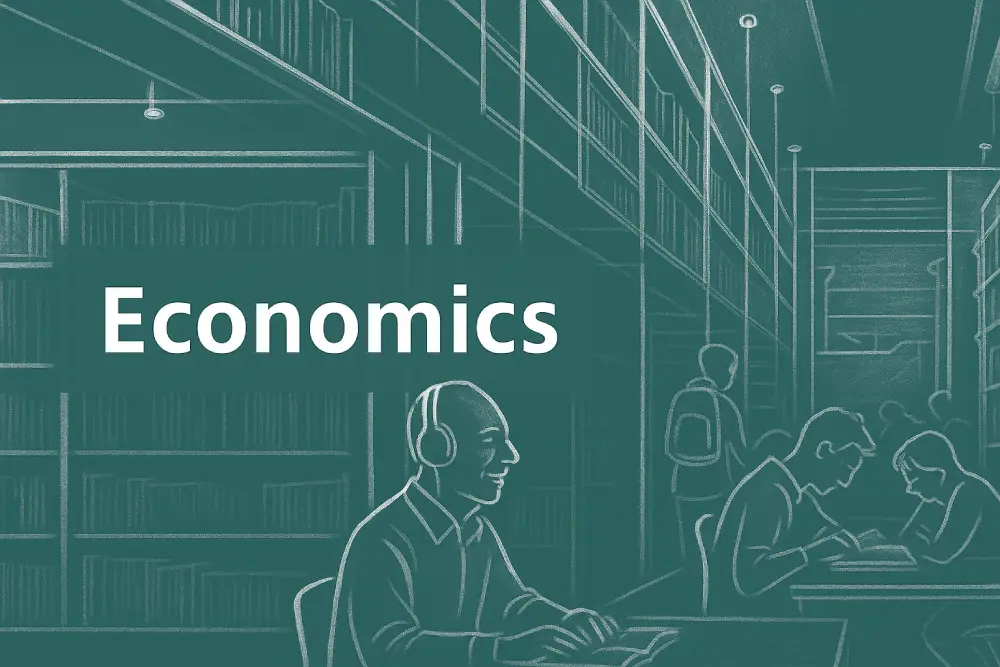Public policy is an integral part of governance that is predominantly deployed to address issues and concerns of the public. It works as a bridge between the government and the public and helps in expressing the demands of people to the state. Public policy courses provide a fundamental understanding of the social fabric and how governments, states, or non-governmental entities plan for the governance and well-being of the public.
Public policy plays a crucial role in recognising the interconnections between various sectors and disciplines, offering insights into a wide range of social, political, and economic issues through both theoretical frameworks and practical applications. Governments, along with other stakeholders, actively engage in shaping public policy by formulating plans, regulations, and laws aimed at serving the public interest.
Public Policy: History, Features, & Types
Public policy emerged as a system of law that helped ancient rulers to govern civilisations and their subjects. As the nation-states and countries came into being, the governance of the public and the outline of public policy also evolved while staying true to the purpose of doing good for the public. In India, the past of public policy is well-recorded and often glorified with names like Chanakya and pristine world-class universities like Nalanda & Vaishali.
From Ashoka to Akbar, every ruler had their individual policy framework that was intended for the convenience of the public. The evolution of public policy and its subsequent framework has come a long way since India’s independence, and contemporary policy frameworks have been developed purposefully to address factors such as economic, social, or cultural disparities in the public, thereby promoting national harmony and growth.
Formally, public policies can be divided into five types considering factors like healthcare, education, economy, environment and social wellbeing of the people. These types are: substantive, regulation, distribution, redistribution and capitalisation. The features of public policies include purposeful planning for policies that address specific problems, with a systematic and strategic approach, that aims for long-term goals.
Importance Of Public Policy Today
The public policy courses in India taught in the 21st century are based on the times we live in today and the economic, social and political issues faced by the public. In India, the legislature, the executive and the judiciary, the three most important parts of the government, are the original architects of the public policies.
The current world is facing modern problems like technological disruption, climate change, global health crises, and social inequality, which demand a very different approach and a reimagination of the public policy educational reforms. With the right knowledge and understanding of public policy, it becomes easier to see how it connects with other sectors and to find practical solutions to real-world problems.
An Overview Of Master’s Public Policy
The public policy courses offered by various universities, including the Jindal School of Government & Public Policy, have four types of programmes dedicated to aspiring candidates wanting to make a change in the surrounding society. The undergraduate programme is the fundamental course that gives you an overall view of the discipline.
The M.A. in Public Policy at JGU is a 1-year postgraduate programme designed to provide a well-balanced blend of theoretical understanding and practical experience. The programme equips students with strong managerial and analytical skills essential for effective decision-making and policy formulation in diverse professional sectors. In addition to the master’s programme, JSGP also offers doctoral programmes, enabling postgraduates to further enhance their academic and professional potential across various fields.
Why Should You Consider the Jindal School Of Government & Public Policy For A Master’s Degree?
Jindal School of Government & Public Policy is one of the prestigious universities offering a Master’s in Public Policy for graduates. The university harbours an interdisciplinary perspective on Public Policy and a world-class faculty that further enhances students to gain theoretical knowledge, analytical skills and practical exposure.
Through a blend of core subjects, majors, electives, and dissertations, students are equipped to lead, drive change in complex policy environments, and address pressing societal challenges. Graduates pursue diverse career paths, including roles in public services, private sectors, CSR initiatives, media, think tanks, NGOs, academic institutions, and political organisations.
To learn more about the public policy programmes offered by the Jindal School of Government & Public Policy, visit our official website or contact us at the number provided.





